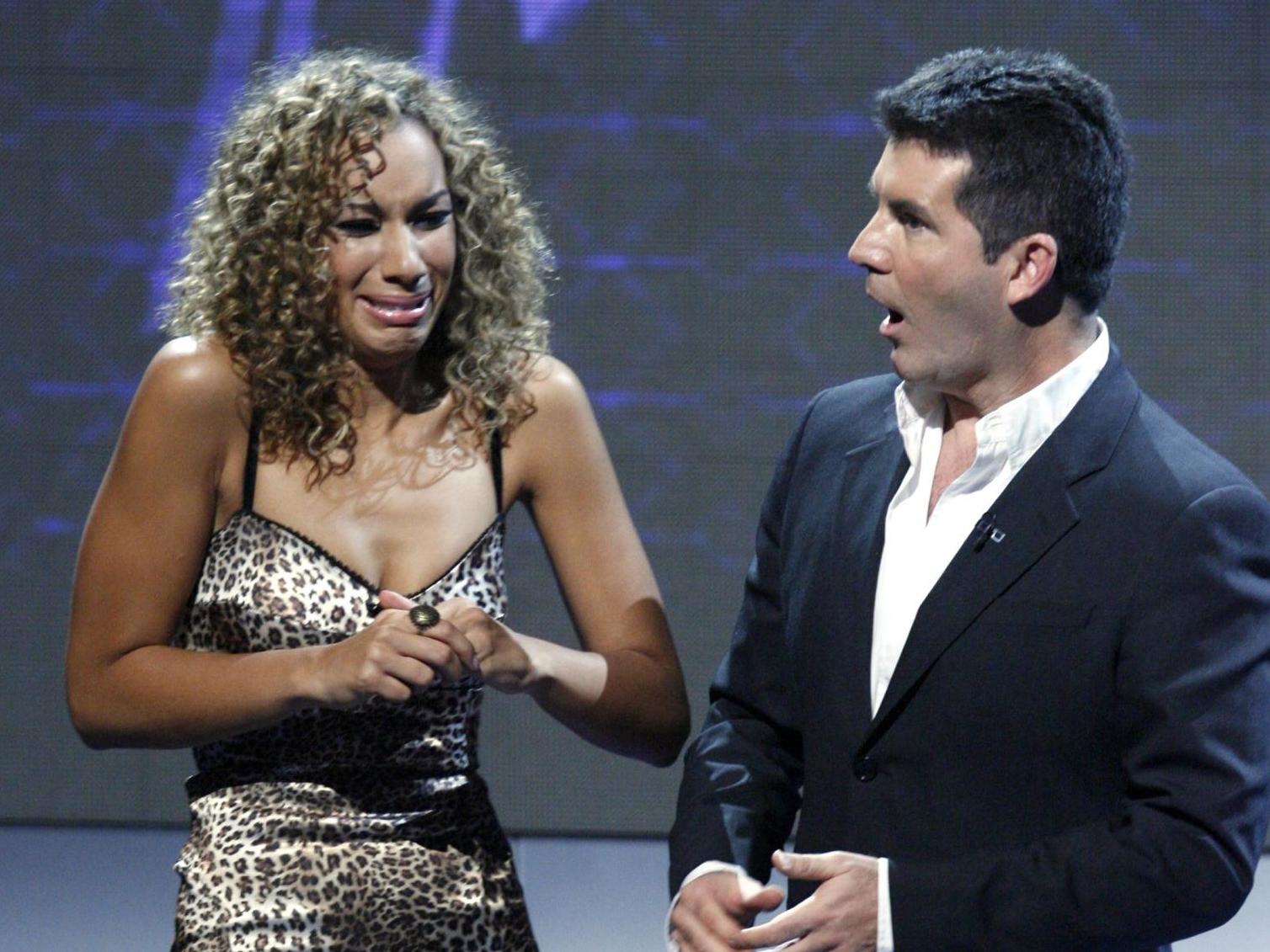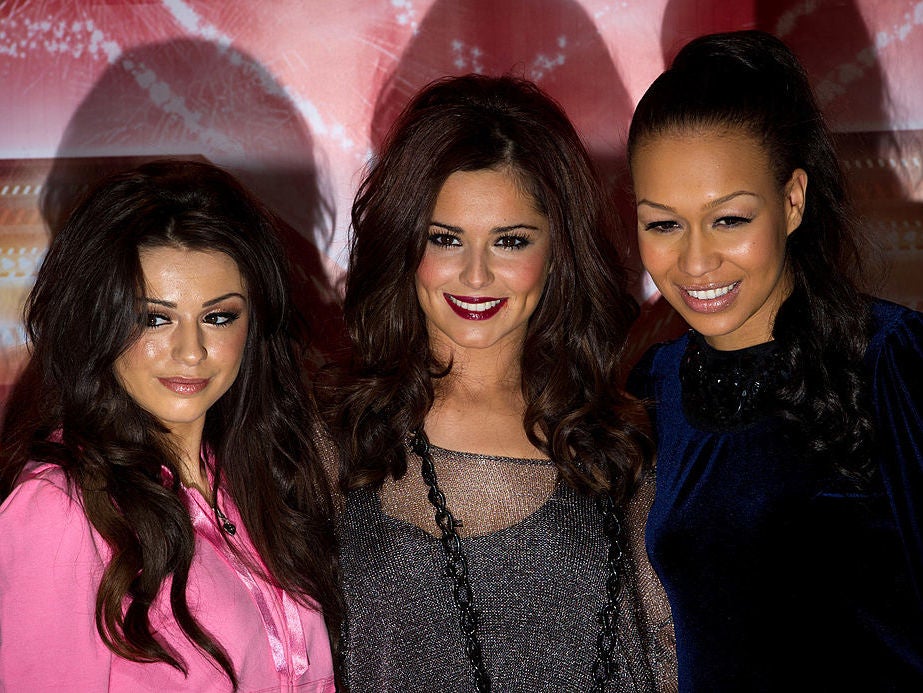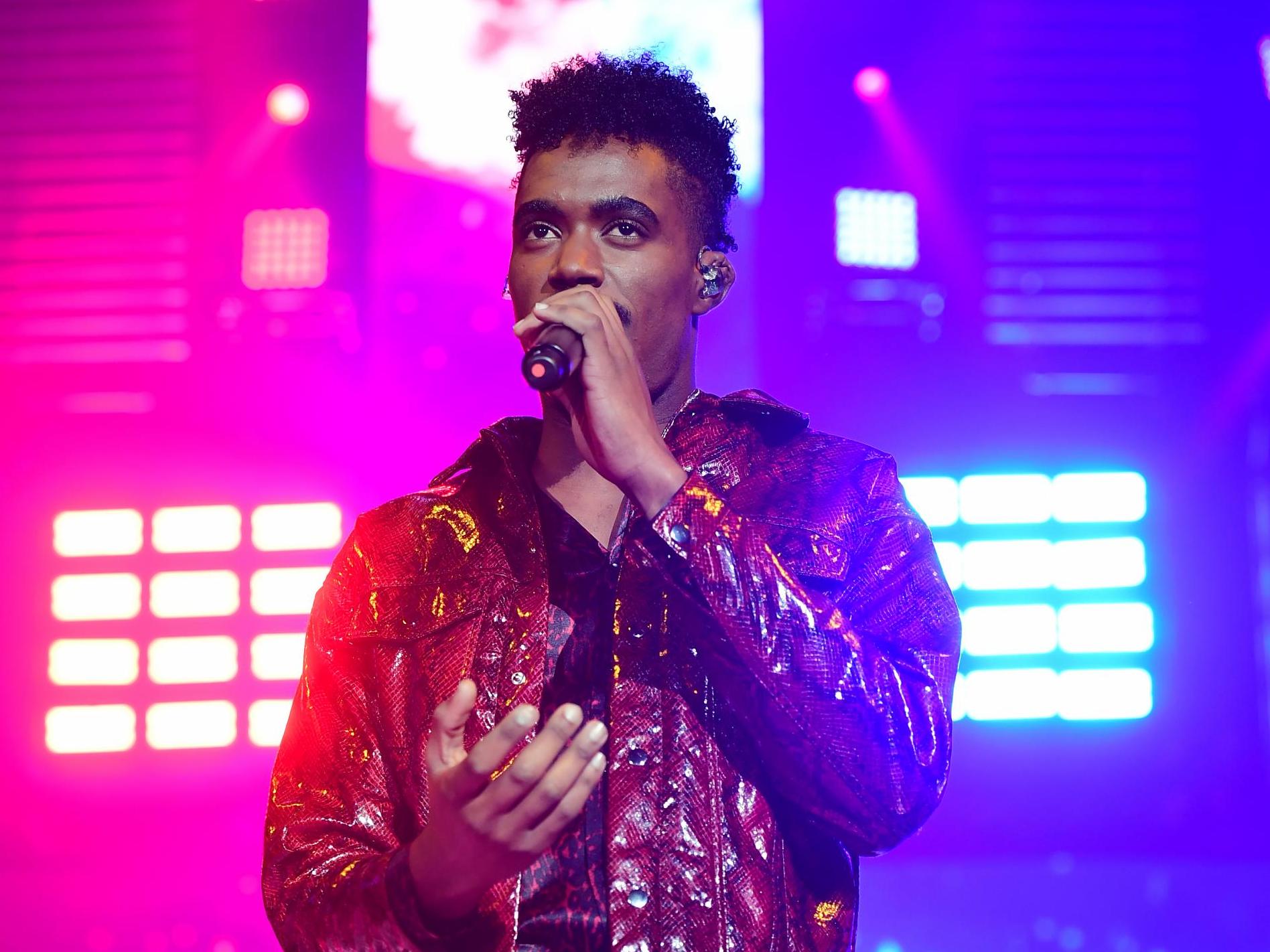The rise and fall of The X Factor: Why it’s time to put Simon Cowell’s ‘televised karaoke’ out to pasture
Smug, supercilious and with an ever descending v-neck, Simon Cowell was the self-appointed gatekeeper of pop, writes Alexandra Pollard. But his hold has loosened, and it’s time he let go


Can you name the most recent winner of The X Factor? A decade ago, even if you hadn’t even watched a minute of the show, the answer to that question would have been a resounding yes. But chances are slim that the name Dalton Harris – whose winner’s single “The Power of Love” went to number four last year before he promptly disappeared – just popped into your head. Oh how Simon Cowell has fallen.
For a while, The X Factor was huge. At its peak, around a decade ago, it was watched by just shy of 20m people – nearly a third of the UK population. Every Saturday night, plans would be rearranged, viewing parties would be thrown, sickies would be pulled and takeaways would be ordered, just to watch the latest episode of the ITV talent show. The format was simple: aspiring singers – from the sublime to the ridiculous, the divine to the deluded – competed for a record deal, duly jumping through hoops until just a handful were left. Those lucky few were assigned a mentor from one of the judges, sent forward to the live shows, and became household names overnight. For the months leading up to Christmas, every other tabloid page was filled with stories of X Factor drama, both on screen and off. The winner was signed by Cowell, and all but guaranteed the Christmas number one spot. The careers of One Direction, Little Mix, Leona Lewis, Alexandra Burke, JLS and Olly Murs were launched this way.
So how did it all begin? With Simon Cowell, of course. Smug, supercilious and with an ever descending v-neck, he was the self-appointed gatekeeper of pop. His ascent to supervillainy began at the age of 16, when he dropped out of school and was hired to work in the mail room at EMI Music Publishing. As is the case with many privileged men, it took an act of nepotism to get him there; his father was an executive at the company.
Still, he clearly had a nose for business, if not music. In 1985, having worked his way up the company, he formed his own record label. It didn’t last long, but a second try had more success, producing hits such as Sinitta’s “So Macho” (Cowell would later keep her career alive by hiring her to pop up inexplicably on The X Factor from time to time).
Then, in 2001, Cowell had dinner with TV producer Simon Fuller. Over a slap-up meal, the two Simons came up with an idea that would change the course of music history. They would take the concept of PopStars – which saw a panel of experts manufacture a new singing group (Hear’Say) from a pool of auditionees – and combine it with that of another new reality show: Big Brother. Rather than the experts, viewers themselves would be able to vote for their favourite singer – meaning that they would be personally invested in their success. It would be called Pop Idol, and Cowell would be on the panel of judges.
“It has all the ingredients of modern-day telly,” wrote Guardian journalist Simon Hattenstone in 2001, when the first series of Pop Idol was in full swing. “Docusoap, ritual humiliation, viewer interaction, cheapness. In a few weeks the winner will be signed up by Cowell’s record company, and is expected to sell at least a million albums.” The winner, Will Young, actually didn’t quite reach that lofty target, selling 880,000 copies of From Now On – but his single “Evergreen” was the biggest-selling single of the Noughties. The series’s runner-up, Gareth Gates, had the second biggest with his cover of “Unchained Melody”.
“Cowell hopes to make a lot of money,” added Hattenstone. He sure did. Cowell positioned himself as the nasty judge, whose catchphrase was “I’m not being mean, but…” and whose approval everyone desperately craved. He became indispensable. Pop Idol was a runaway success.
But Cowell had even loftier ambitions. In 2004, he announced the launch of his own show, The X Factor, which his record label Syco held the rights to. It was a wily move. Pop Idol was shelved to make room for The X Factor, and the show became a phenomenon, Steve Brookstein winning its first series.

Almost as soon as it was created, The X Factor had its detractors – those who believed it prioritised entertainment and money over musicality or talent. The most revered musicians in the land lined up to take a pop at it. It’s “televised karaoke”, said Sting. It creates “a mindset that suggests you can get something for nothing”, said Blur’s Damon Albarn. It “cheapens” music, said Moby. It’s a “joke”, said Calvin Harris. It has “absolutely nothing to do with music”, said Oasis’s Noel Gallagher. It “sucks out everyone’s brains”, said Kasabian’s Tom Meighan. All the while, the show ploughed on, gaining viewers and keeping its stranglehold on the charts.
Its peak was probably 2010. With Cowell, Cheryl Cole, Dannii Minogue and Louis Walsh as judges, the series had the highest average weekly viewing figures the show had ever – and would ever – achieve. The winner, Matt Cardle, had the second biggest-selling single of 2010 with “When We Collide”, and his debut album Letters went Platinum in the UK. Runner-up Rebecca Ferguson had her share of success, too, while prodigious talent Cher Lloyd, self-consciously kooky Katie Waissel and, well, Wagner remain some of the most talked-about contestants of all time. But the biggest thing to come out of the series, and indeed The X Factor, was One Direction, whose staggering international success nobody could have predicted when they were thrown together on a whim by guest judge Nicole Scherzinger.
But then, around 2012, that hold started to loosen. The show’s ratings began to plummet, the frenzied media interest started to wane, and winners could barely scrape into the top 10. No X Factor contestant has had a number one since 2014. Last year’s X Factor – the one won by Dalton Harris – was such a flop that the regular format has been put on hiatus.

This year saw the lacklustre launch of The X Factor: Celebrities, a desperate move from Cowell – given that he attempted an all-stars series back in 2006 before promptly dropping it – saying that it was “pointless” and that he was “never going to do it again”. And this week, X Factor: The Band launched to just 2.8 million viewers – a fraction of the figures Cowell once took for granted. By midweek, it was pulling in the same ratings as a Bargain Hunt repeat on the BBC.
Cowell recently signed a deal with ITV to broadcast his other show, Britain’s Got Talent, for at least five more years. But the channel has not yet decided the fate of The X Factor. It’s not looking good.
How has this happened, then? How has a show, that was once so successful that Beyonce performed was willing to perform on it, become so irrelevant? Could it be that the culture of humiliation it encourages is no longer acceptable? Perhaps. But there is a bigger reason, too: music’s gatekeepers have been overthrown by the democracy of the internet. The X Factor’s USP was that any scrappy young upstart, even if they’d only ever made music in their bedroom, could audition and become a star. Now, they can become a star without even leaving their bedroom. And they don’t need to put themselves through Big Band Week, either.
The rise of the internet also means fewer people are watching live TV. “What we’re seeing is a big drop in the under-25 bracket,” Toby Syfret, a TV analyst from Enders Analysis, told the Guardian back in 2014, when The X Factor was already flailing. Laptops, tablets, smartphones and social media, he added, was “a drain on the main linear audiences”.
Or maybe the world is just tired of Simon Cowell, and tired of The X Factor. I’m not being mean, but it might be time to put both out to pasture.
Join our commenting forum
Join thought-provoking conversations, follow other Independent readers and see their replies
Comments